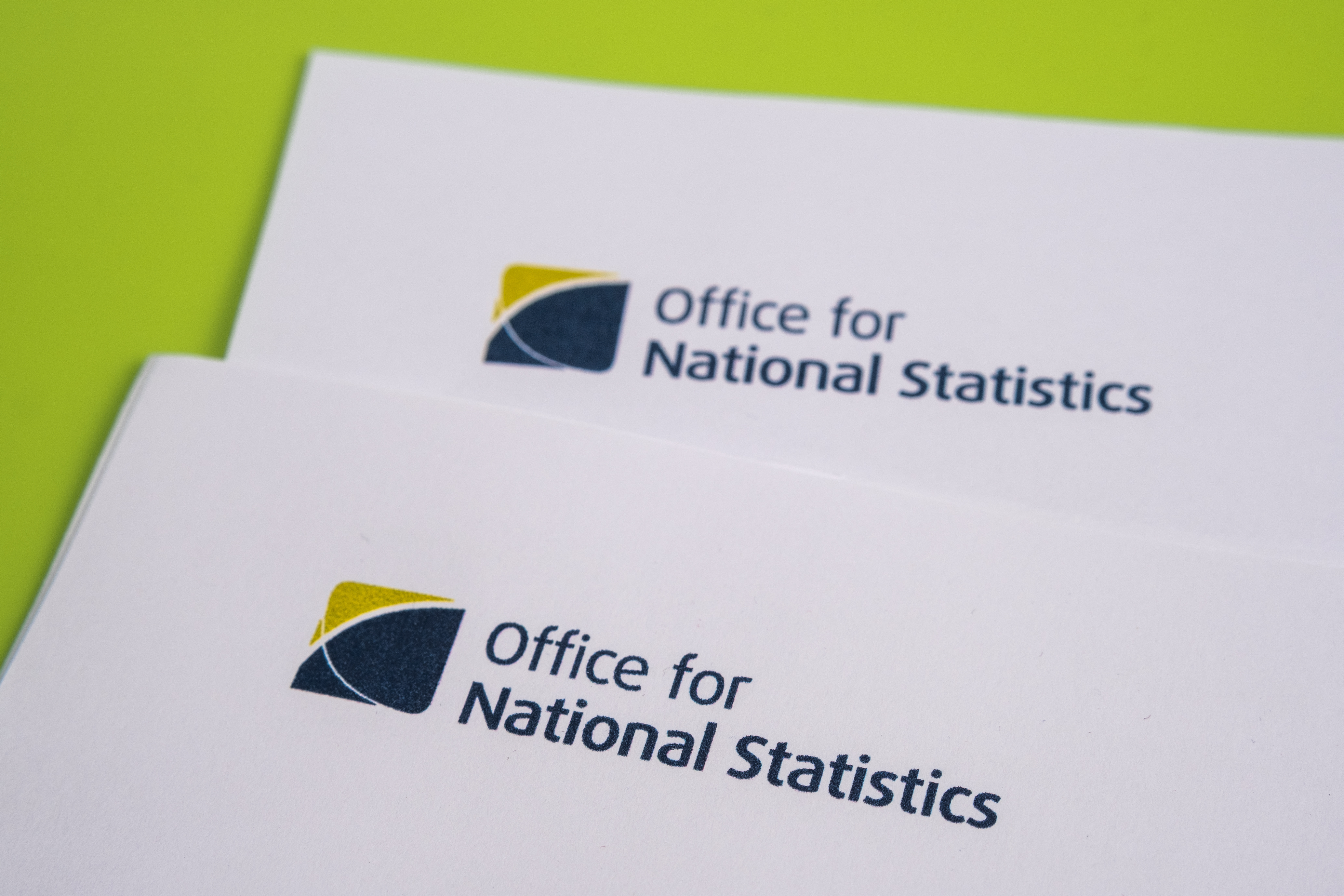
Exports of UK goods fell by 3.2% in the first quarter of 2023, with falls seen in both EU and non-EU trade, according to recently released UK trade data.
Figures from the Office for National Statistics (ONS) show thatthe start of the year saw exports of UK goods fall by a total value of £3.1bn when compared to Q4 2022.
Exports to EU countries fell by £2.1bn (4.3%) in Q1 of 2023, while exports to non-EU countries were down by £1.1bn (2.2%).
Fuel and chemicals
The ONS said that a £1.1bn fall in exports of fuel and a £800m decline in chemical exports to the EU were behind the slump.
Falls in medicinal and pharmaceutical products to Belgium, Germany and Ireland led to the decrease in chemical exports.
Non-EU exports in Q1 were affected by a £700m decrease in both fuels and material manufacturing exports, partly offset by a £300m increase in chemicals and a £200m rise in machinery and transport equipment exports.
Total imports of goods also fell in the first quarter, by £12bn (7.5%) compared with Q4 2022.
Services shaky
Services exports were also down by £2.1bn (2%) in Q1 with a total value of £104.4bn, although the balance of trade for services remained healthy at £39.8bn, which was up 1.3% due to a 5% decline in services imports during the quarter.
Transport service exports rose by £0.9 bn, but were offset by a £1bn fall in IT services as well as a decline of £1.4bn in exports of other business services.
The total trade in goods and services deficit narrowed by £10.2bn to £15.1bn in Q1 2023.
Recession avoided
ONS data also showed that the UK economy avoided going into recession in early 2023, but grew sluggishly because of an unexpectedly sharp drop in output in March due to a combination of poor weather, industrial action and high inflation, reports Reuters.
GDP was up 0.1% in the first three months of the year following a 0.3% drop in March alone, the ONS said.
The overall result was that UK economy remains 0.5% smaller than it was in 2019, before the Covid-19 pandemic, reports the Guardian.
In contrast, the US economy is 5.3% larger than its pre-Covid size, France is 1.3% larger, although Germany is 0.1% smaller than in Q1 2019.
BOE decision
Some analysts have predicted the UK economy will contract in the second quarter of the year.
The Bank of England increased interest rates to 4.5% last week and has forecast that the UK economy will only grow by 0.25% this year.
However, the central bank expects inflation, which remains in double digits, to fall steeply over the summer to 5.1% in the last three months of the year.



